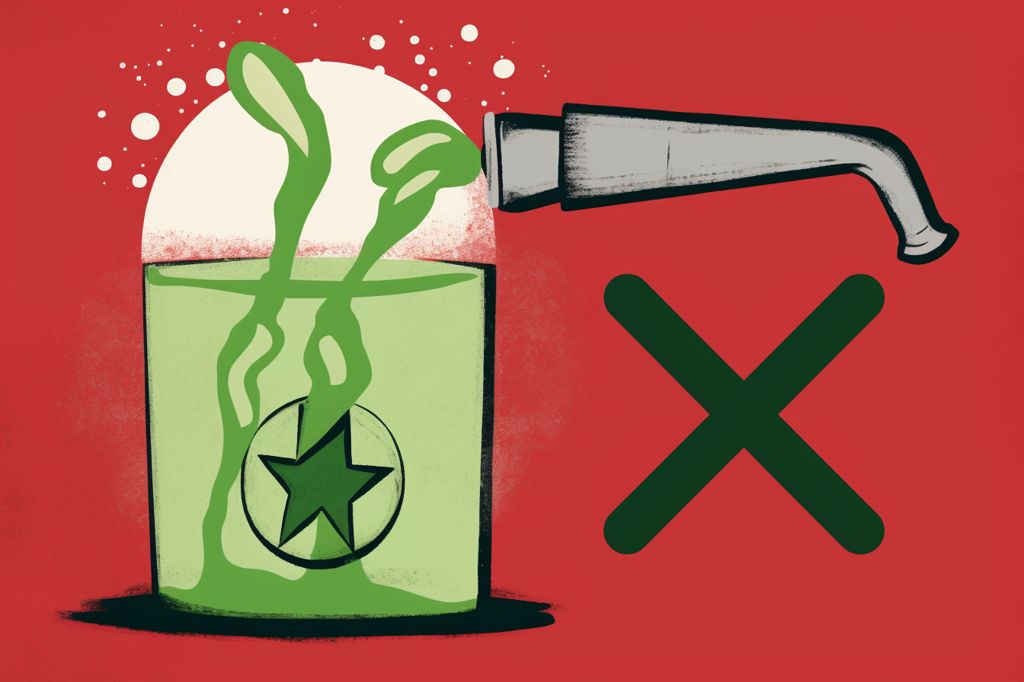The Department of Water and Sanitation (DWS) in Eastern Cape and the Makana Local Municipality have joined forces to raise awareness of the consequences of water pollution and waterborne diseases. This initiative was launched because Makana was facing severe water quality challenges, and E. coli bacteria were detected in various water points within the municipality from February to May.
Ensuring Safe Drinking Water
To address the situation, the DWS enlisted Amatola Water to conduct further water tests to ensure the safety of drinking water. Fortunately, recent tests have shown that the James Kleynhans Water Treatment Works, which supplies water to Makhanda and surrounding areas, was free of E. coli as of May 27, 2023. The treatment facility sources its water from the Glen Melville Dam, which is connected to the Lower Orange-Fish Government Water Scheme through a network of canals and river systems.
To further improve the water treatment process, the Makana Municipality has increased the chlorine gas dosage at the treatment plant and introduced booster dosing with chlorine granules in four reservoirs, including Botha’s Hill reservoir and Intermediate Reservoirs on the eastern side, as well as the Intermediate and High-Level reservoirs on the western side.
Awareness Campaign
To support the joint efforts of DWS and the Makana Municipality, health and hygiene officials from the DWS’s provincial office have been deployed to distribute sanitizers and soap to community members. Municipalities are also required to conduct regular tests on treated water supplied to households, according to the South African National Standard (SANS) 241. If the water does not meet the required standards, the municipality must issue an advisory notice urging residents to disinfect the water through methods such as boiling or using bleach.
The National Institute for Communicable Diseases (NICD) has also provided guidelines for safe drinking water. The DWS has urged the public to avoid consuming water from rivers, dams, and streams unless it has been disinfected first.
Regulatory Responsibility
As a regulator of the water sector, the DWS is responsible for monitoring drinking water quality in compliance with the National Water Act and Water Services Act. This involves collecting samples of treated drinking water from Water Treatment Works for analysis to ensure compliance with the South African National Standard (SANS) 241.
The partnership between the DWS and the Makana Municipality aims to educate and empower the community to effectively combat water pollution and its consequences. By working together, they hope to achieve their goals of ensuring safe drinking water and promoting better hygiene practices.












